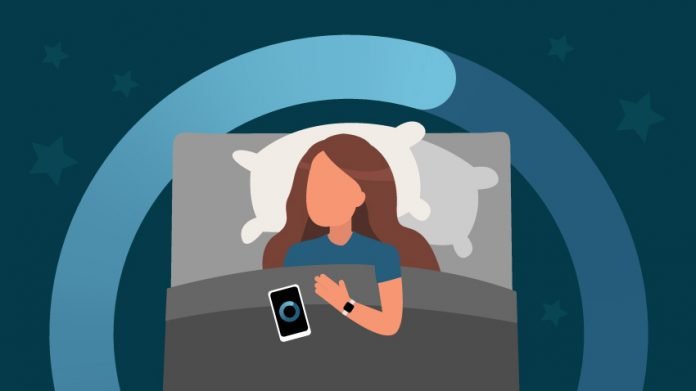
People can get a sleep tracker from their smartphones or smartwatches.
The gadgetry is designed to analyze your sleep pattern and hopefully help you sleep better.
However, researchers from Michigan Medicine show that the tools have limits and may be meaningless when you don’t have healthy sleep habits.
Several researchers from Michigan Medicine discusses the pros and cons of sleep trackers.
So what does a sleep tracker do?
Usually, wearable sleep-tracking devices and smartphone apps collect data throughout the night and provide a better picture of what goes on during your sleep.
But this data may not improve your sleep. This is because sleep trackers work based on movement and sometimes cannot tell whether you’re actually sleeping.
For example, if you awake during the night but lying still on the bed, your sleep tracker will report that you sleep well. So you could get an imprecise sleep summary.
In addition, people who shift around while snoozing may get a report saying that they don’t sleep.
Another problem is that some new sleep tracking devices claim to be able to detect different stages of sleep, but they have not been tested to meet federal standards.
Currently, the FDA doesn’t have any regulations about sleep tracking technology.
This means the big data they collect cannot be used by doctors for detecting sleep disorders.
Can a sleep tracker help the user sleep well?
The main function of sleep trackers, according to the researchers, is to help bring awareness about sleep hygiene and good sleep habits.
But because the measurement of sleep is not accurate, people cannot use these trackers as a true reflection of their sleep patterns.
The experts suggest that the most accurate way to examine a patient, though, is using a polysomnogram (usually in a sleep study).
This comprehensive test monitors brain waves, breathing, heart rhythm, oxygen levels, and muscle tone during an overnight stay in a sleep lab.
And the best way to improve your sleep is by having healthy sleep habits. For example, you should not use digital devices in your bedroom, and you should set a consistent bedtime and wake time.
You should also get regular physical activity and avoid caffeine and alcohol before sleep. These good habits are much more helpful than a fancy sleep tracker.
Copyright © 2019 Knowridge Science Report. All rights reserved.



